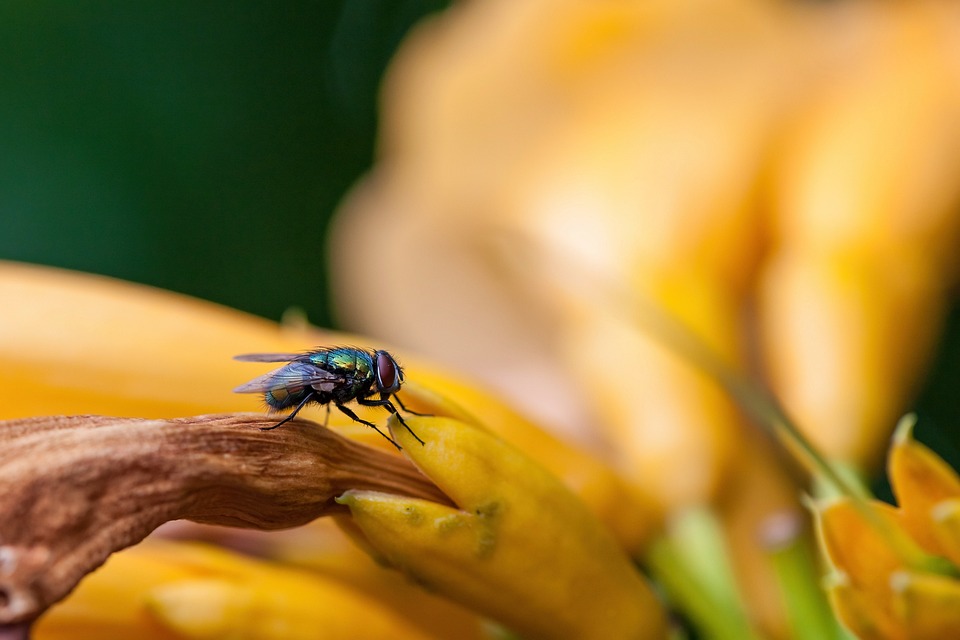In a world increasingly aware of health, environmental concerns, and the unexpected consequences of industrial chemicals, the pursuit of natural alternatives has taken center stage. One area where this shift is particularly significant is pest control. Traditional chemical bug sprays, while effective in exterminating pests, often come with a host of risks and side effects for humans, pets, and the environment. This has led many to explore the benefits of using chemical-free bug sprays as a safer, more sustainable alternative.
1. Health Benefits
One of the most compelling reasons to choose chemical-free bug sprays is the health advantages they offer. Many conventional insecticides contain harmful chemicals, including organophosphates and pyrethroids, which can pose serious health risks. These substances can irritate the skin, eyes, and respiratory system and some have been linked to long-term conditions such as neurological disorders and increasing health issues in children and pets.
Chemical-free bug sprays, on the other hand, often utilize natural ingredients like essential oils, plant extracts, and other non-toxic compounds. These alternatives are generally safer for use around people and pets. They do not carry the same toxic risks associated with traditional pesticides, providing peace of mind for households concerned about chemical exposure.
2. Environmental Impact
The environmental ramifications of chemical pesticides cannot be overlooked. These products can contaminate soil and waterways, impacting ecosystems and harming beneficial insects like pollinators, including bees and butterflies. Chemical-free bug sprays typically have a reduced environmental footprint because they are made from naturally derived ingredients that break down more easily in the environment.
Opting for natural pest control methods can promote biodiversity, support local ecosystems, and minimize the harm caused to non-target species. By using chemical-free solutions, one actively contributes to sustainable practices that help protect the delicate balance of nature.
3. Effectiveness
While skeptics may doubt the efficacy of natural bug sprays, advances in formulation have led to numerous effective natural products on the market. Many essential oils—such as peppermint, tea tree, and eucalyptus—possess strong repellent properties. Moreover, several plant-based ingredients have shown proven effectiveness in repelling or killing insects without the toxic side effects associated with synthetic options.
For many users, experiencing the immediate benefits of these natural alternatives dispels the myth that chemical solutions are the only effective route. With consistent use and in combination with preventive measures, chemical-free bug sprays can provide adequate control of pest populations.
4. Accessibility and Ease of Use
Chemical-free bug sprays are often more accessible and easier to use than their chemical counterparts, particularly for those wary of handling hazardous materials. Many natural insect repellents can be made with simple household ingredients, from vinegar and essential oils to baking soda and soap solutions. These DIY methods appeal to individuals looking for cost-effective, customizable solutions tailored to their specific needs.
Commercially available natural bug sprays are also widely accessible, often found in health food stores or online retailers that prioritize organic and natural products. As a result, consumers now have a plethora of choices without needing to sift through potentially harmful chemical substances.
5. Social Consciousness and Ethical Considerations
The growing demand for organic and natural products stems not only from a desire for safety but also from social consciousness surrounding sustainable practices. Many consumers are increasingly drawn to brands that prioritize ethical sourcing, transparency, and eco-friendly production methods. By selecting chemical-free bug sprays, individuals align their purchasing decisions with their values, supporting companies that contribute to environmental well-being and social responsibility.
The appeal of natural alternatives is further emphasized by a collective movement toward holistic living. More people are committed to cultivating healthier environments not only for themselves but also for future generations.
Conclusion
The benefits of using chemical-free bug sprays resonate on multiple levels: from health protection to environmental sustainability and ethical considerations. With ongoing innovations in natural pest control alternatives, consumers can confidently explore options that align with their priorities and values. As we navigate the complexities of modern living, embracing natural solutions in pest control allows us to take a proactive and responsible approach to safeguarding our home environments and the planet. The natural approach is not merely a trend; it represents a significant step toward a healthier, more sustainable future.
